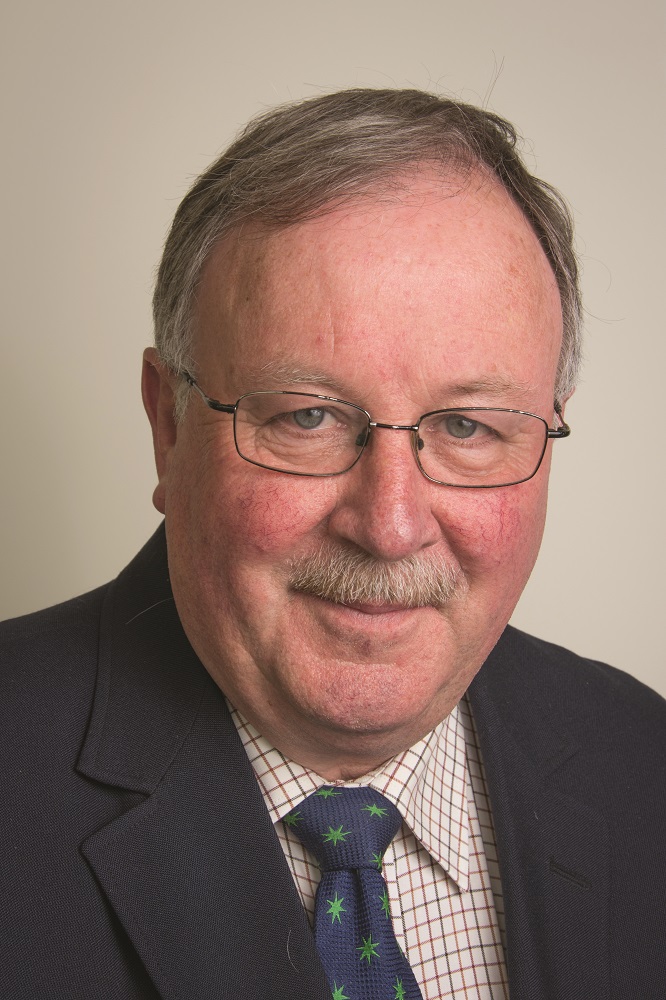By Charles Bourns, broiler grower, Gloucestershire
I am finding it very difficult to concentrate on writing this article with the news from the Ukraine, which is absolutely devastating and of course will have a knock on effect for all of us, but at least we are still free to carry on our businesses.
In February I attended the NFU Conference where we heard the usual words from the politicians, which I always take with a pinch of salt. The sad thing is they believe we believe them.
At the poultry break out session we had Philip Wilkinson of 2 Sisters talking and he showed us how chicken’s future is bright, as we produce the most carbon neutral meat, and we produce 49% of the meat consumed in the UK. Obviously, it was highlighted that the AI outbreak has caused many problems. While it was pleasing to hear everyone praising the AHPA in the way they have helped the industry with licences, it is clear something needs to be done to reclassify small backyard producers so they do not impact on the professional end of the industry.
Another speaker we heard was the President of the World Farmers Union. He was an inspiration: so passionate about farming. He reminded us that it is farmers who feed the world, and the world would not function without us. He said that if every farmer in the world did one thing on their farm to improve their carbon footprint we would have a greater effect on the environment than all the regulation put together. He also pointed out that we could feed the world now if we could solve the issue of waste between farm and fork, which he quoted as 50%. He also pointed out how ridiculous it was for the Dutch to want to reduce their herd of cows by 50% when a Dutch cow gives 50 litres per day whilst in Ethiopia a cow gives one litre per day. What is needed is for the Dutch cows to go to Ethiopia so the Ethiopian farmer would only need three cows instead of 110!
My last thought was thank goodness I am in the poultry industry as we heard some terrible stories about pig farmers who, even though they had contracts, it appeared that the processing companies have walked away and are expecting the farmers to pick up the losses unlike the poultry processors who take the losses on behalf of their growers.
Now we appear to be moving towards the beginning of the end of Covid, we need to turn out minds to other issues and start lobbying over the new transport regulations. Some rules have been relaxed for other species but we in the poultry industry have been left as we were. We also need to see if the 16-week housing rule for layers could be replaced to allow lockdown of hens to last as long as is needed without affecting free range status. It is important for producers to remember the 16 week rule applies from the date you housed the hens and not when the rule was brought in; this can make a big difference to some.
On the farm we did not manage to come through the storms unscathed and lost most of a roof on an old chicken shed. You know the one, you use it to store all those useful spares that will come in useful one day.
The sheds we refurbished had no damage. The chickens go out in a couple of days and they look as if they’ve eaten a lot of food, so maybe the fact that I tried to save gas has worked against me. The half house brooding to 21 days saved about £2,700 in electric and gas costs with as far as I can tell no ill effects on the chicken with mortality to date 1.3%.
This month is the SWCA Conference so I hope to see you there. We have a number of good speakers, 30 trade stands and a great lunch and it is free thanks to the sponsors, so I will see you there I trust.


